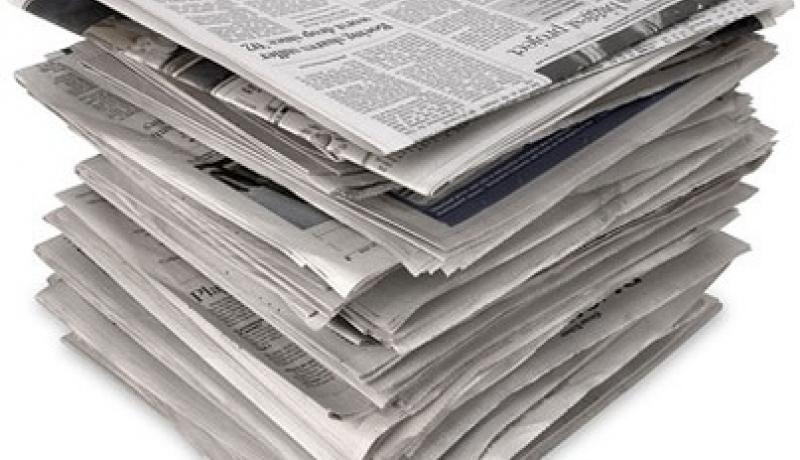There's still time to enroll for our Winter Intersession and Spring 2025 semesters in both undergraduate and graduate programs. Ready to Elevate YOUR Life? Apply Now!
Already a student and need to register for Spring classes? Register now! Contact an academic advisor today at 201-200-3300 or uac@njcu.edu or schedule a virtual appointment with an advisor!
Continental Breakfast

One of the biggest adjustments some students face as they begin their academic careers is learning to expand their ideas about what constitutes the “outside world.” While NJCU students can boast a cultural diversity that’s impressive and enviable, they are not immune to the temptations of many millennials; sometimes they immerse themselves so deeply in pop culture they miss out on those things that aren’ttrending on Facebook. (We professors can be guilty of the opposite, of course – unaware of contemporary trends while immersed deeply in our own disciplines.)
It’s not only helpful but essential to assist students in discovering the larger connections that exist in the world — the “context” that will help them see how their private interests intersect with history, politics, science, technology, and literature. One such way of making those connections clear is with news quizzes in the classroom.
I started doing brief, weekly news quizzes many years ago with my first-year students and discovered a few interesting things:
1) For all the time students spend online, they are often unaware of important news events.
2) Students, when encouraged to read the news and pay attention to what’s happening in the world, begin to take pride in knowing what’s going on.
3) Their written work and oral presentations reflect a more sophisticated engagement with the source material.
Of course, these changes are incremental – but once someone truly starts to understand that learning happens outside the classroom as well as inside, and is willing to seize those opportunities, there’s no limit to how much their understanding and knowledge can grow.
The omnipresence of digital technology makes paying attention to the world both easier and harder. Students can find more information about pretty much anything at the touch of a few keys, but they often have to navigate past the usual deluge of celebrity news, sports headlines, and sex scandals. But as useful, socially, as that information might be to our students (and we shouldn’t be snobs about what students are interested in), I let them know there’s a type of knowledge that will prove far more beneficial to them and that they can expect quiz questions from me each week about developments in the world of politics, business, science & technology, and culture. Here’s a sample quiz (based on a recent week of actual news):
- Donald Trump has been interviewing people to serve in his cabinet. Name three positions that are part of a presidential cabinet.
- The Federal Reserve did something that they haven’t done in a decade. What did they do?
- What company’s cell phones have reportedly been bursting into flames in a few instances, causing a nationwide recall?
- Bob Dylan recently won a major international prize. What was it?
- The United Nations is trying to rescue citizens from Aleppo, a city under siege in what country?
These quizzes aren’t graded (though I have often noticed some students seem more distraught at performing poorly on the news quizzes than on the quizzes over assigned reading material for class), they take almost no time to administer, and they provide a nice pivot from the outside world to the focus of the classroom at the start of class. And if students have been reading widely enough to do well on these quizzes, I know they’ve been unwittingly learning lots of other things as well: vocabulary, geography, perhaps a bit of history – all useful to a group of composition students (usually the course where I offer these quizzes). Obviously, professors in all disciplines are likely engaging students in discussion about contemporary world events, certainly in greater depth and with more expertise than my quick quizzes provide. But if I can use these quizzes to at least remind students that their world is bigger – can be bigger – than they imagine, I feel it’s time well spent. I’m not saying these quizzes will make a world of difference, but perhaps they will at least make students think about the world differently.